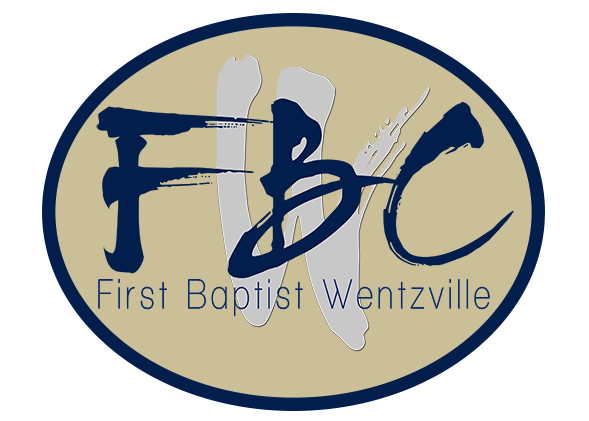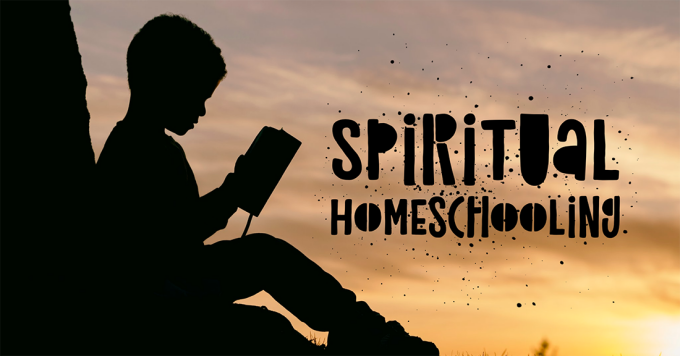Good day to ya! How are ya? Me? Well, thanks for asking. Can I be honest? Yeah? Okay, here goes…
I’m overwhelmed.
I’m exhausted.
I’m worn.
I’m feeling like the glass is half empty, and like “what’s the point, really”.
As you sit down to read this, the November election is done, the votes cast, a candidate will have been named victor (prayerfully), and we can put to bed this chapter in our history and turn the page on another. For me right now, though, I’m sitting down to write this at the end of October, with less than two weeks before the election. Ugh…like really, can we just move on to the next thing and be done with this?
I’m immersed in social media for my career. A quick look at my phone’s history for the last week shows I’ve spent an average of 3 hours and 15 minutes on social media every day. Just seeing that is exhausting. I share that to say this…if there’s one theme I’ve picked up for all of 2020 in all my time on social media in the first ten months of the year, it’s this…
People are mean and ugly to each other.
People are vindictive and unforgiving of each other.
People are rude and harsh.
People are intolerant.
People are…
People.
And yes, before you ask the next logical question that comes to mind…I’m talking about everyone. The left, the right, the middle of the road. The unbelievers and the believers. The non-Christians and the Christians. You. Me. People.
That’s a harsh reality, and many of you may disagree with me. That’s okay. You’re entitled to either agree or disagree with me…I’m content either way really. (That itself is hard for many people to say, and our conversations on social media need to be bathed in that reality, because most of our conversations don’t show it.)
Here’s the thing though. People ARE all those things, whether we see that reality or not. What’s that quote we’ve all seen at some point? ...”The truth is still the truth regardless of whether we believe it or not.” It’s quite literally in our nature to be those things—our sin nature.
What is our sin nature? The sin nature is the part of human beings that impels us to commit sin. God’s holy scriptures teach us that we not only commit sin, but that it’s in our nature to do so. That sin nature can be traced all the way back to the fall of man in the garden, something not in God’s original design. For God’s words on the sin nature, see Romans 7:25, 2 Peter 2:18, Colossians 3:5, Psalm 51:5, Ecclesiastes 7:20, Jeremiah 17:9, Romans 5:12, Romans 3:23, and 1 John 5:8.
Thank God (literally) that we’re saved by grace through our faith in Christ (Ephesians 2:8-9) despite our sin nature, even while we are still sinners (Romans 6:20, Romans 5:28).
But here’s the rub. Being saved by God’s grace despite our sin doesn’t give us a “free pass” to keep on sinning. Hebrews 10:26-31 speaks to this pretty clearly.
Yes, I’m going to make you do the research and work to look all those verses up for yourselves…because if you REALLY want to understand what God’s word has for you today, you’ll put in the time to read HIS words, not mine.
I leave you with this thought…
Are you the same person online that you are in person? Is what you say and share worthy of you bearing the title “Christ-follower”? Are you judgmental or maybe harboring a little hate for others in your heart for what they say and share?
My personal litmus test in what I post, comment, or share online is this question: “Would you say this in front of your grandma?” Full disclosure, I’ve failed here more times than I care to admit, but I’m gradually learning the lesson a dear friend taught me years ago…the golden art of not missing an opportunity to shut up (Proverbs 17:27-28, Proverbs 18:2 and 21)
But hey, that’s my grandma…I’ve met some of y’alls grandmas, and maybe the better litmus test is, “would you say this at the foot of the cross in the holy presence of God?”
Hey, we’re all people, and people are inherently sinful. Our ONLY saving grace is the love of Jesus Christ who died for us WHILE we were still sinners and continues to forgive us every time we seek His forgiveness in true repentance.
Are we as sparing with our forgiveness of, and grace toward, others as God is with us? No? Go read what God says about that in Matthew 6:14-15…it’s pretty sobering.



